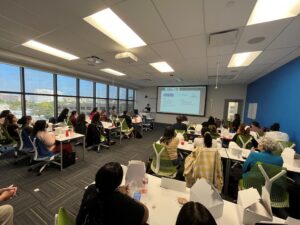10 organizations join Health Confianza’s Health Literacy Pledge Program
SAN ANTONIO – Health Confianza, a communitywide effort providing health literacy training and education to the community, professionals and organizations, has welcomed 10 local organizations to its Health Literacy Pledge Program. The program’s partners will adopt health literacy policies, training and practices that will lead to better health outcomes for the people of San Antonio.
Funded by the U.S. Department of Health and Human Services Office of Minority Health, Health Confianza is a partnership between The University of Texas Health Science Center at San Antonio (UT Health San Antonio), the City of San Antonio Metropolitan Health District and The University of Texas at San Antonio.
Community-based health organizations, which are those that provide some form of health education and/or health service, are often on the front lines of communicating public health issues with the broader community and connecting them with health resources and social services.

“The COVID pandemic shed light on our health disparities and the fact that some people do not go to health care systems because of a long-standing distrust in the medical system or an inability to access health providers,” said Melanie Stone, MPH, MEd, assistant director of Community Service Learning at UT Health San Antonio and director of Health Confianza’s Health Literacy Pledge Program. “Instead of using traditional health care for their COVID information, vaccines and education, many people continue to visit their trusted community organizations that provide food, housing and other types of health and wellness services.”
To support these organizations, Health Confianza developed an innovative organizational Health Literacy Pledge Program that equips clinics, social service agencies and community organizations to help clients find, understand and use health information to make well-informed decisions that lead to healthier lives.
The program’s first cohort is made up of: Alamo Community Group, CentroMed, Community First Health Plans, Empower House, Living Positive San Antonio (LPSA), SAMMinistries, San Antonio Vascular and Endovascular Clinic (The SAVE Clinic), Texas A&M University-San Antonio, UT Health Physicians and YWCA San Antonio.
“By becoming pledge partners, these 10 organizations are working together to position themselves to better serve clients and improve health equity in San Antonio,” Stone said.
Until recently, organizational health literacy has been an underutilized public health strategy. However, the federal government has now recognized the role of health literacy to build the public’s trust with health providers, increase access to health care and increase health equity.
At its core, organizational health literacy is intended to help remove barriers to accessing and using health care experienced by clients and patients. This includes cultural and linguistic barriers to health care. For example, organizations do not always have the capability to provide a language or sign language interpreter. Additionally, there may not be a policy in place that requires translation of materials into Spanish or other languages their clients use.
“We want them to be able to say that their staff are using teach-back (an evidence-based communications skill) as one type of skill,” Stone said. “We want their forms in a plain language format. Our goal was to not only ask organizations to take a pledge, but to prepare them with the training and resources needed to make meaningful changes at the organization.”

A team of three to five health literacy champions from each of the participating organizations is part of an eight-month learning collaborative that will allow it to learn from field experts and each other to make improvements in their organizational health literacy. After a monthly meeting, the representatives return to their organizations to share knowledge, implement short-term changes and plan for long-term changes.
At the end of the learning collaborative, a June 2023 Health Confianza Symposium will showcase the best practices of each organization. Successful completion of the program will earn the organization a Health Literacy Certificate that they can display in their building, like the health scores that restaurants receive.
Eventually, Stone hopes these certificates will signal to clients that these organizations “prioritize respectful communication and are going the extra mile to ensure their clients will walk away with a better understanding of what to do next,” Stone said.
After this initial pilot of the Health Literacy Pledge Program, Health Confianza plans to open the program more widely to organizations across the community. Look for updated information on the Pledge Program on the Health Confianza website and at the upcoming symposium.
About Health Confianza
Funded by a U.S. Department of Health and Human Services (HHS) Office of Minority Health grant, Health Confianza is a communitywide initiative created to increase the availability, acceptability and use of COVID-19 health information and services among Hispanics and Blacks living in 22 target ZIP codes in San Antonio. Established in 2020, Health Confianza serves community members through Community Health Clubs and provides health literacy education to health professionals and organizations. Health Confianza’s partners include The University of Texas Health Science Center at San Antonio (UT Health San Antonio), the City of San Antonio Metropolitan Health District and The University of Texas at San Antonio.



